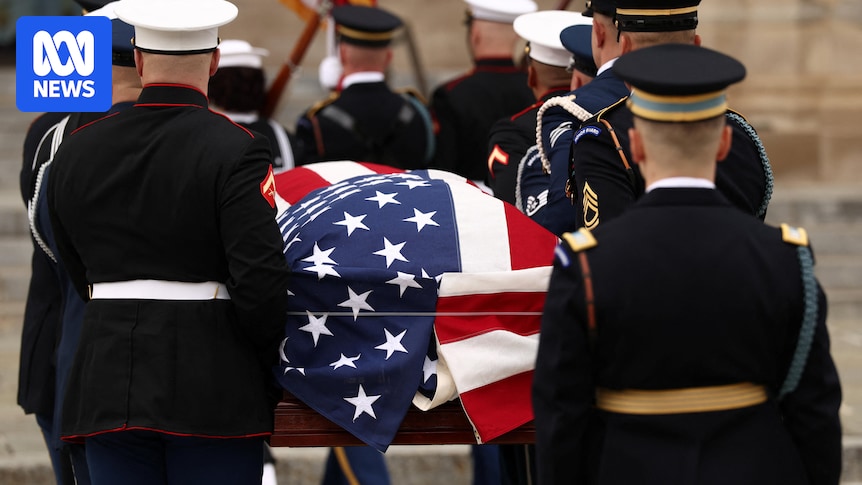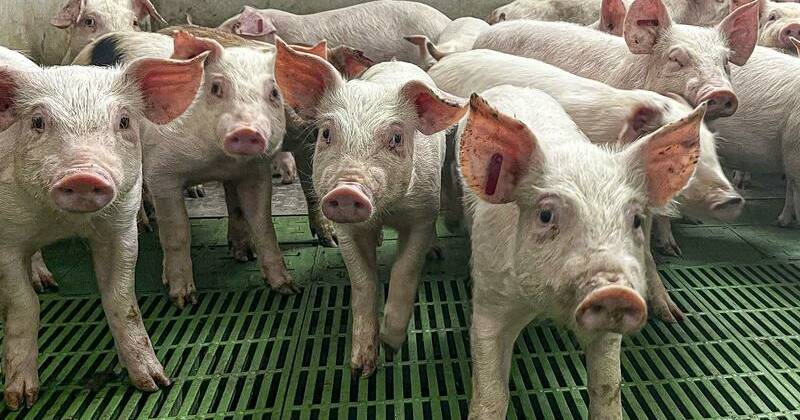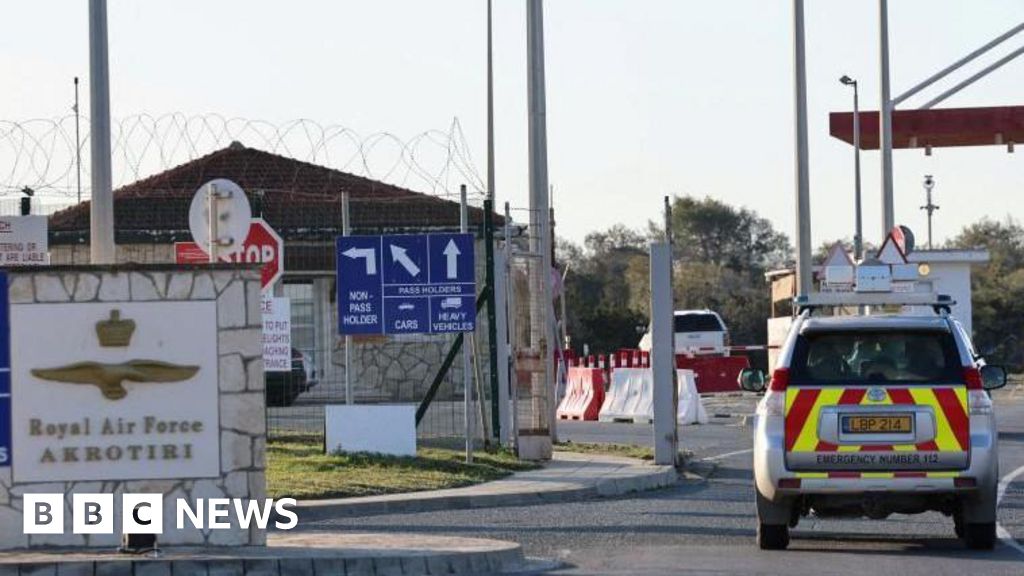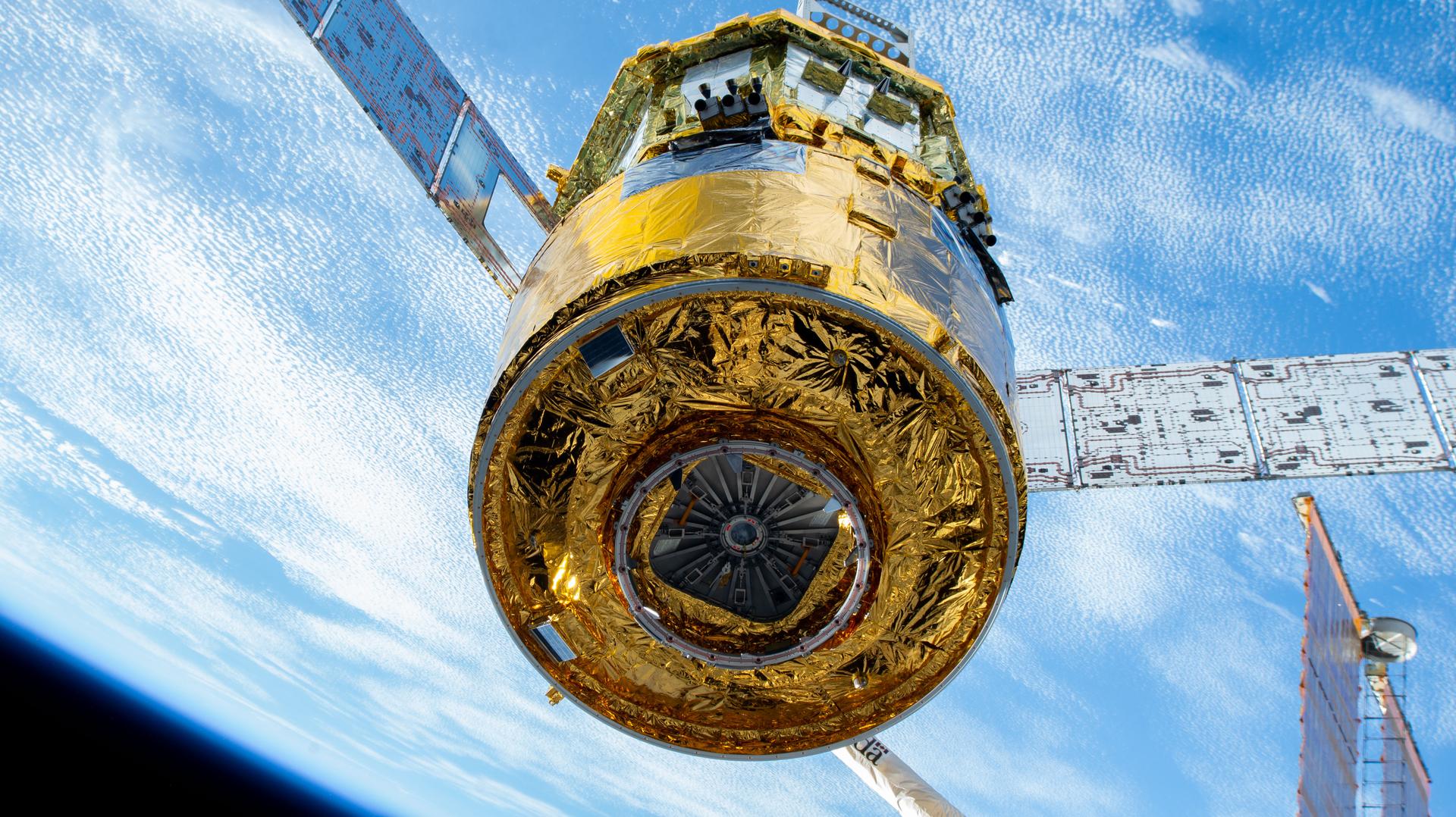
Dick Cheney, a towering figure in Republican politics and a key architect of America’s post-9/11 foreign policy, was honored in a solemn ceremony at the Washington National Cathedral. The event, attended by a who’s who of political elites, notably excluded former President Donald Trump and Vice-President JD Vance, underscoring the ideological divides that have come to define modern American politics.
Cheney’s career, which spanned over five decades, is a testament to his influence on American statecraft. Serving as the Secretary of Defense during the Gulf War and later as the 46th Vice-President under George W. Bush, Cheney’s legacy is both celebrated and contentious. His role in shaping U.S. foreign policy, particularly during the War on Terror, continues to evoke strong opinions across the political spectrum.
Washington’s Elite Gather to Pay Tribute
Among the more than 1,000 attendees were former Presidents George W. Bush and Joe Biden, along with every living former Vice-President, including Kamala Harris, Mike Pence, Al Gore, and Dan Quayle. The gathering was a testament to Cheney’s lasting impact on American politics and his ability to command respect across party lines.
In a statement to MS NOW, former Vice-President Mike Pence described Cheney as “an American patriot who served this country like very few in our history,” highlighting his “quiet and steady leadership.” George W. Bush, who shared the stage with Cheney during some of America’s most challenging times, delivered a heartfelt tribute, joined by Cheney’s daughter Liz, who has been a vocal critic of Trump.
The Complex Legacy of Dick Cheney
Cheney’s tenure as Vice-President was marked by his transformation of the role from a largely ceremonial position to one of significant influence. He was instrumental in driving national security policy and expanding presidential authority, actions that have left a lasting imprint on the executive branch.
However, Cheney’s legacy is not without controversy. He was a staunch advocate for the 2003 invasion of Iraq, famously asserting that “there is no doubt that Saddam Hussein now has weapons of mass destruction.” This conviction, which later proved unfounded, has been a point of contention for critics who argue that it led to unnecessary conflict and loss.
“Cheney was the architect of some of the nation’s most calamitous decisions,” said a prominent political analyst, “a politician whose belief in executive power and aggressive foreign policy left deep scars at home and abroad.”
His support for the Patriot Act and the use of “enhanced interrogation” techniques further fueled debates about the balance between security and civil liberties.
A Political Figure of Paradoxes
Despite his conservative credentials, Cheney was known for his complex personal and political beliefs. He supported civil rights for his lesbian daughter, Liz, and in his later years, he became a critic of the Republican Party’s populist turn, particularly under Trump. Cheney’s endorsement of Kamala Harris, a Democrat, in the 2024 election was a stark departure from party lines and highlighted his disapproval of Trump’s influence.
Trump’s absence from the funeral was a reflection of the deep ideological rifts within the Republican Party. Although he has not publicly commented on Cheney’s death, his past remarks have been dismissive, referring to Cheney as an “irrelevant RINO” and criticizing his foreign policy decisions.
Flags across the nation were lowered to half-mast in honor of Cheney’s passing on November 3, a gesture that speaks to his enduring impact on the country.
The Future of Republican Politics
As the Republican Party grapples with its identity in the post-Trump era, Cheney’s legacy serves as a reminder of the complexities and contradictions that have long characterized American politics. His life and career offer lessons on leadership, power, and the enduring challenges of governance in a divided nation.
Looking ahead, the absence of figures like Cheney at the helm raises questions about the future direction of the Republican Party and its ability to navigate the ideological divides that have become increasingly pronounced in recent years.
The ceremony at the Washington National Cathedral not only honored a significant political figure but also highlighted the ongoing debates about the legacy of the Bush-Cheney era and its implications for the future of American politics.







